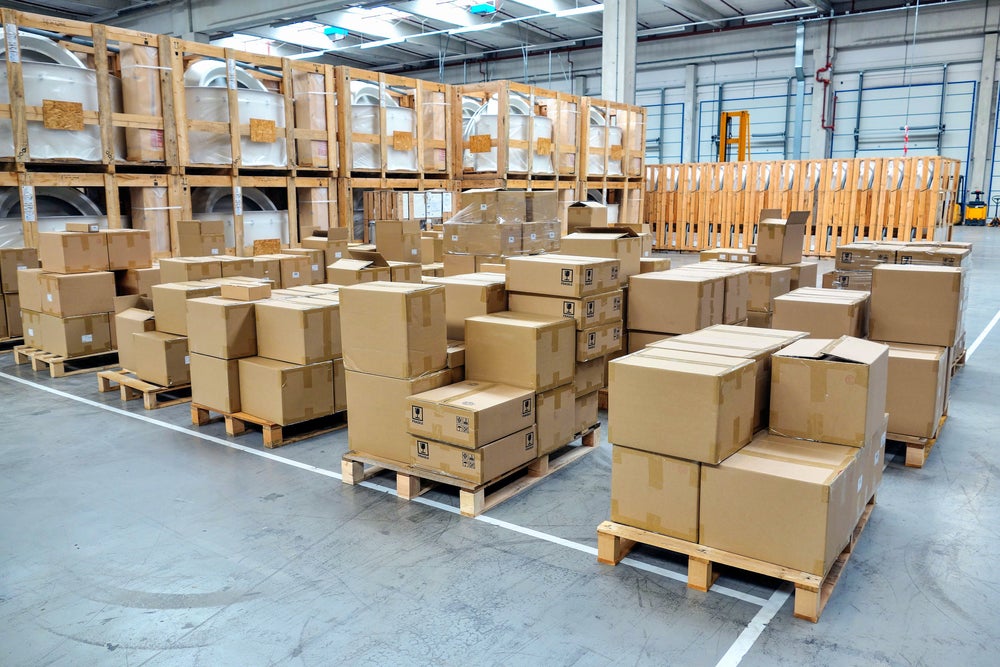Pallet packaging sits at the heart of global logistics, ensuring goods are protected, easy to handle and efficient to transport.
From e-commerce deliveries to industrial consignments, it remains indispensable—while steadily adapting to new demands for sustainability and smarter supply chains.
The role of pallet packaging in supply chains
Pallet packaging refers to the use of stretch wrap, shrink wrap, strapping, pallet boxes, hooding and other methods that secure goods on pallets during handling, storage and transit. These systems reduce product losses, cut damage and improve operational efficiency.
The market continues to grow at a steady pace. Estimates suggest values of around USD 63 billion in 2023, with forecasts ranging up to USD 108 billion by 2032. Drivers include the boom in e-commerce, the automation of warehouses, and the relentless expansion of international trade.
Pallet packaging matters because it is both reliable and adaptable. As global supply chains face pressure for greater speed and resilience, packaging solutions are evolving to keep up—combining practicality with environmental responsibility.
Materials and uses across industries
Wooden pallets remain dominant thanks to their durability and low cost, making them the most widely used worldwide. Plastic pallets, however, are gaining popularity, particularly in food and pharmaceutical sectors where hygiene and reusability are critical.
Their compatibility with automated systems further strengthens their appeal. Composite and metal pallets serve more specialised roles in heavy industry and aerospace, where strength and regulation compliance are vital.
Stretch wrapping is one of the most common pallet packaging methods, balancing stability and affordability. These solutions are applied across a wide range of sectors, from consumer goods and retail to automotive and chemicals.
In the UK, automation, sustainability initiatives and growing demand for plastic pallets are reshaping how industries approach pallet packaging.
Sustainability and innovation driving the future
Sustainability is the leading force shaping the pallet packaging market. Businesses are cutting waste through recyclable materials and reusable pallet systems, while lightweight engineered designs help reduce carbon emissions by lowering shipping weights.
Innovations such as paper-based honeycomb pallets demonstrate how eco-friendly alternatives can also bring cost benefits.
Technology is equally important. Smart pallets fitted with RFID tags and sensors are giving companies greater visibility over shipments, reducing losses and improving efficiency. As supply chains become more digital, the packaging itself is increasingly part of the data ecosystem.
Geography also plays a role in shaping future demand. Asia-Pacific is the fastest-growing region, driven by industrialisation and rapid logistics expansion. North America and Europe, meanwhile, remain leaders in adopting sustainable practices and advanced infrastructure.
Together, these regional dynamics underline the global significance of pallet packaging and its continuing evolution.
Looking ahead
Pallet packaging is more than a way to secure goods—it is a cornerstone of modern logistics.
By protecting products, simplifying handling and adapting to the twin forces of sustainability and digitalisation, it continues to shape the efficiency of global trade.
From wooden pallets to smart, reusable systems, its transformation reflects the broader changes taking place across supply chains worldwide.









